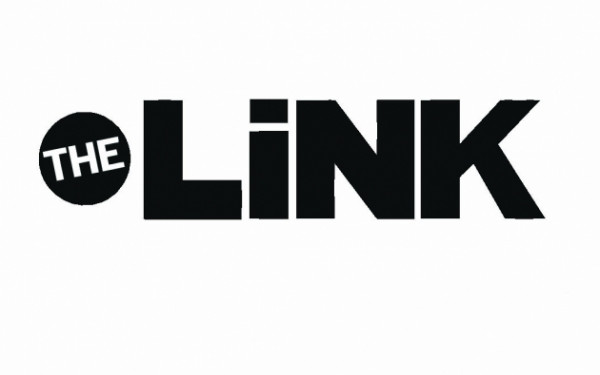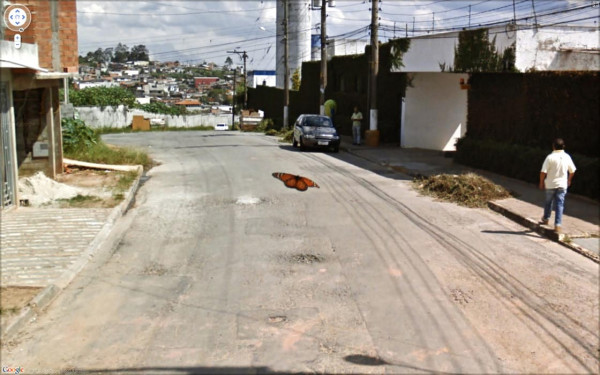Disconnected
Students In Residence Want An Explanation
Concordia’s Instructional and Information Services have been disconnecting students in residence from the Internet, leaving them without access to the web for days on end.
They want to know why.
For the past several months, students have been cut off, and given various explanations.It seems that IITS at Concordia gets phone calls or letters from American film companies claiming that a student is conducting “illegal downloads.” Other explanations are that students are “using too much bandwidth” or “conducting potentially illegal activities.”
As a result of these actions, Concordia Residence Life is in search of a clear policy regarding Internet usage of students who live in residence.
The Internet in Concordia Residences is operated by IITS. Rolled into each resident’s rent is an Internet/phone fee that grants them access through a voip phone in each of the Grey Nuns’ 245 connections and Jesuit Residence’s 52 rooms.
Legalities aside, IITS blocked the MAC address of the accused student’s computer without verification, without warning and without accountability.
As students, we have been crying out to IITS, including Ziyad Almbasher, Senior Network Security Analyst, for clear rules and a residence access policy.
Despite our efforts, Concordia Residence Life has seen no such policy and multiple meetings planned to discuss the issue have been cancelled by IITS.
“I was disconnected by IITS for ‘using too much bandwidth’ in one day,” said Michael Mercer, a Resident Assistant at Grey Nuns Residence.
When Mercer asked IITS Helpline Supervisor Kathyrn McDonell for documentation outlining how much bandwidth is “too much,” no answer was provided.
To date, no such documentation been presented to students or Residence Life.
As students, we don’t know how much bandwidth is “too much,” and we have not signed or agreed to any terms or conditions regarding our Internet access. Our problem is simple: we need a policy—and we have desperately been trying to make one for months.
Other students in residence have received emails that link to Concordia’s Policy on Computing Facilities, which was last updated in 1999. The standard response to ticket inquiries is an email that says, “The volume of uploads seen from this station generally indicates that your computer is acting as a server to other users from outside Concordia which is contrary to the acceptable use policy of IITS.”
It continues to say, “We ask that you remove the bit torrent from your computer and assure us that you will not participate in similar activities in the future. When we receive written confirmation of these two requests, we will re-instate Internet access for your system. Please be aware that a second incident carries much more severe sanctions.”
This policy contains no information regarding any of the reasons that have been cited for the disconnections. The policy in effect was drafted roughly six years before torrents were even invented.
Students in residence use the Internet the way you use it: downloading movies, watching porn, playing games and to do our work. But now we have to do it all with the added complexity of walking on IITS’ opaque rules while they hover their fingers over the kill switch.
Torrent files have been blocked from the Concordia network since late 2009. This doesn’t mean that torrents “won’t work,” it just means that users of the Concordia network have to find other ways of downloading the initial .torrent file.
More recently, Concordia IITS has instituted a block of all popular torrent trackers, meaning downloads start slower as it is harder for torrent clients to find “seeds.” It should also be noted that using torrents is not illegal in any country, nor does it violate any of the current policies at Concordia University.
In short, IITS is literally censoring the Internet for students in residence, even though we aren’t doing anything legally wrong.
The process begins when a student finds that they can’t get online. They are then eventually referred to the IITS Helpline at Concordia. The student is then informed that they have been disconnected for copyright infringement or other generic violations. They are asked to email IITS a statement.
Janice Robinson, Administrative Coordinator at IITS, sent one student an email that said, “We need your confirmation that you will not use any torrent software on the Concordia network.” Until the student complies with this request, their MAC Address remains blocked and their computer continues to be unable to access the Internet.
T
his process, while it is less common in the following scenario, does happen to students who use the wireless connections on campus—the difference being that they can simply disable your Concordia NetName and password, essentially disabling every computer that you own.
The process for recovering your connection remains the same, but sometimes requires the student to visit the IITS Helpdesk to ensure that there is no torrent software on the computer.
There is a concerning insensitivity to the nature of Concordia Residences. We’re students, but more than that, we’re students who live on campus with IITS as our only service provider. When the Internet is disabled from a student without warning, it takes a minimum of two days before it is reactivated, and if the student doesn’t know that they’ve been disconnected, they end up troubleshooting for a day or two before asking about it.
Students may be left without an Internet connection for an entire weekend, simply because there is nobody at IITS to receive our phone calls. This creates serious problems for studies, as every student requires the Internet for courses. IITS has been referring students who have eConcordia courses to the library for the duration of their outage.
This isn’t fair and it isn’t representative of a technologically progressive university. We want a meeting and a policy.

__900_694_90.jpg)


web_1_600_375_90_s_c1.jpg)


_600_375_90_s_c1.jpg)